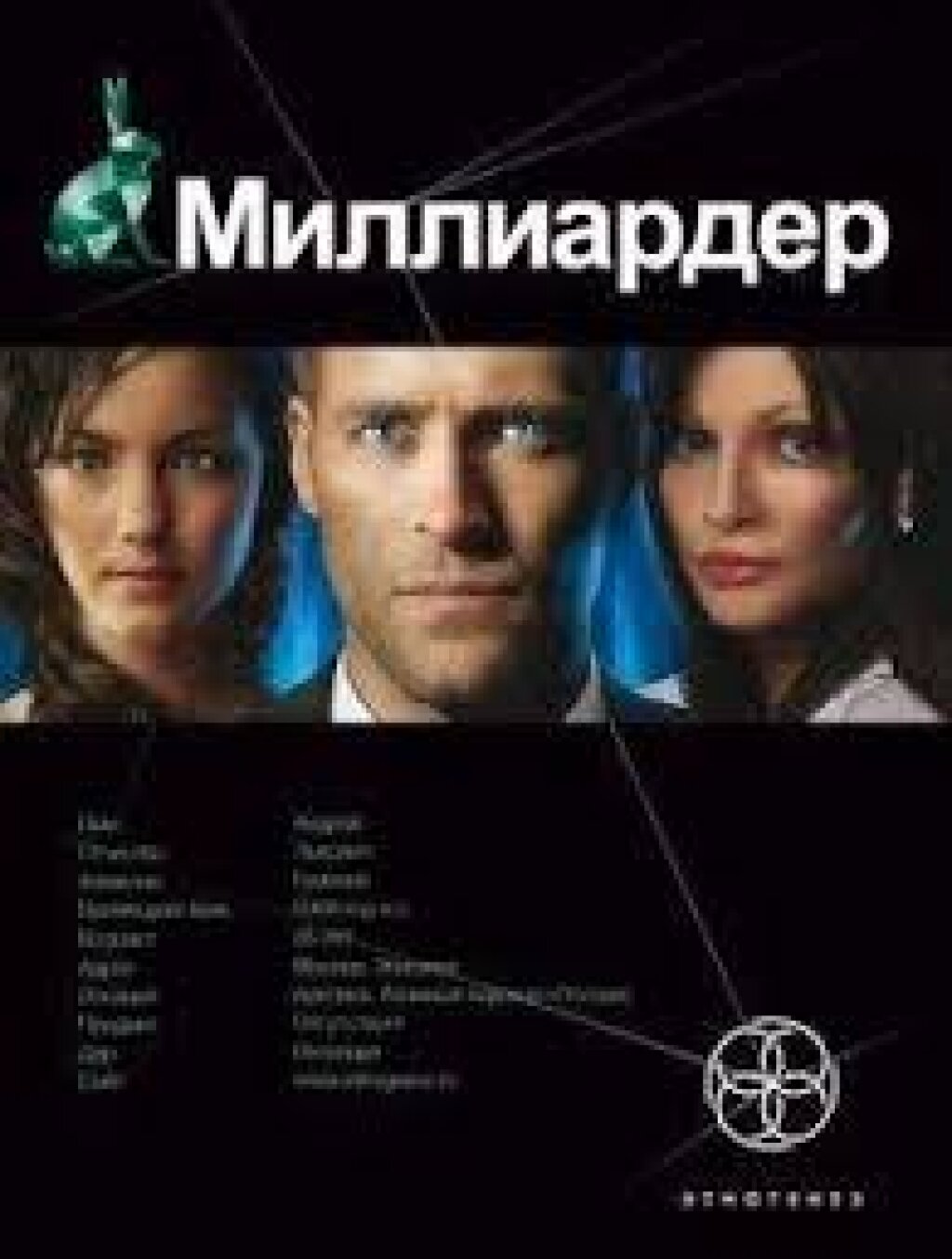This post features the second-prize entry in All the Russias' inaugural Graduate Student Essay Competition.
Mie Mortensen writes, translates, and is currently finishing a dissertation on Soviet architect Ivan Leonidov in Columbia's Department of Slavic Languages.
In August 1918, Andrei Bely wrote a short story called “The Yogi.” I recall this fact when, one early morning exactly one hundred years later, I find myself outside a business center on Moscow’s famous Arbat Street contemplating how to get in. The revolving doors are not yet revolving and only a few lights are on the first floor where a beauty salon is also an Aeroflot ticket office. As I ponder the details of this business model, I notice a small door to the right of the main entrance. It’s open. Armed with my rolled-up mat and many Russian sentences explaining what may have just constituted trespassing, I saunter hesitantly past the guard, but he just throws me a drowsy look and nods towards the dormant escalators.
The studio has been subjected to the quick-fix renovation known as “Euro-remont.” Cheap plywood and floor-to-ceiling mirrors coat the total disrepair of the old building; leather-like sofas dot the reception area. I enter the practice space and roll up in an empty spot. The teacher comes up to my mat, tilts his head, and squints. “I don’t know you,” he says. “Not yet,” I reply. Since the ashtanga series of yoga poses is taught individually through verbal instruction in a group setting, the student and the teacher usually do know one another. He introduces himself as Dima — the diminutive form of Dmitrii — and addresses me with the informal "you" commonly reserved for friends and family, a linguistic shortcut to ashtanga intimacy. When I say I have been practicing in New York, a sudden wave of excitement animates his innate gravitas. He points both index fingers to his chest where his sleeveless vest spells “BROOME STREET.”
Although it was the Russian woman, Eugenia Peterson, who first introduced Hollywood to yoga, Russia and America have appropriated this culture of a third place in wildly different ways. Attending studios in the US, I have become accustomed to spandex-scapes of Lululemon and upbeat attitudes. The Moscow yoga scene, on the contrary, can be found somewhere at the intersection of business venture capital and bohemian Flower Power. There are more tattoos and nose piercings in the room than there are people, and the number of jumpsuits makes me wonder if it is still called a onesie when there are so many of them. Yet the furnishings mirror those of the Aeroflot agency downstairs.
Dima instructs me in a discombobulating mix of fast-paced Russian and heavily accented English. This does not calm the fluctuations of my mind. Ashtanga is known as the most militant form of yoga, and its tough love reminds me of learning Russian. “If you speak in a quieter voice, you’ll be speaking in ultra-sound, and then you can speak to dolphins, but not to me,” my Russian teacher told me when I first started studying the language. “You’re in Russia, be more aggressive,” Dima commands.
Bely’s first iteration of his yogi was an American practitioner who could murder people with his gaze alone. I have often wished that the combination of Russian and Ashtanga would one day provide my soft-spoken nature with an edge. I could never control my face, and this always worried me. “Don’t change your face,” Dima barks at me from across the room as I wince in pain. In the changing room, I overhear one student complain to another that she’s been told off at work for not wearing make-up. She’s unfazed. “I only have one face,” she shrieks at her interlocutor. The Russian theatre practitioner Konstantin Stanislavski wanted to separate from the material body and thought yoga could provide a circle of public solitude that would leave the actor unaffected by the presence of an audience. I, too, want to sever the connection between my outward expression and my inward emotion. It turns out that I project misery even before I begin to attempt a painful pose. Dima looks in my direction: “The anticipation of suffering is also suffering,” he offers.
Bely implies that his yogi, Ivan Ivanovich Korobkin, has achieved total sublimation of the ego by circumventing the personal pronoun “I.” Dima also makes grammatical omissions. “Do” is his token way of encouraging me to get further into a pose. “Do-do-do,” he chants at me, unaware that “to do” in English, unlike in Russian, needs a direct object. Korobkin’s name is a testimony to his psychic powers — it’s derived from the term for "cranium." I always assumed the problem with my face was that I was too much in my head. Ashtanga was my attempt to be more in my body, but I have yet to let go of the ego galloping around my mind. I struggle in one of the binds because my shoulders are too tight. “It’s the computer,” I tell him and hunch while mimicking typing with my fingers. “It’s this computer,” Dima says, tapping an index finger at his temple to inform me that it’s not my shoulders, but my brain that is broken.
In 1918, the end felt no less nigh than it does a hundred years later. Much like Dima, Bely and Stanislavski sought to tackle modern anxieties with ancient wisdom from the East. Unlike Dima, however, Bely and Stanislavski did not have Instagram accounts. Nothing measures the proverbial boundlessness of the Russian soul quite like monthly data use, and people appear to be streaming their practice directly from their mats. And while I do frown at this state of affairs, there is something refreshing in Russians' refusal to pretend that yoga is a sacred safe space free of all worldly influence. Yoga, here, can hold more than yoga.
“Do you believe in God?” Dima asks while spotting my headstand. I project a string of words upwards, one of which is "agnostic," but none appear to reach him. “Now would be a good time to think about Him,” I’m told. I don’t. But making my way down the no-longer-dormant escalators, I feel aware that I just surrendered to the chaos of something larger than myself.



